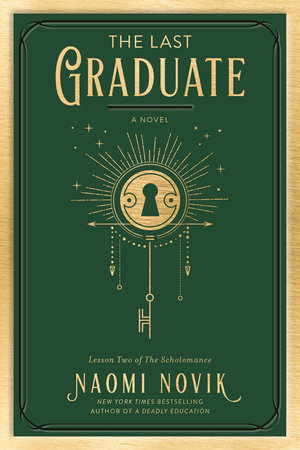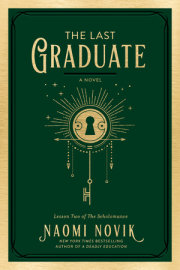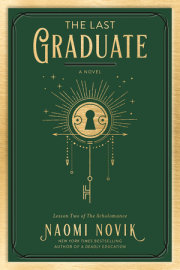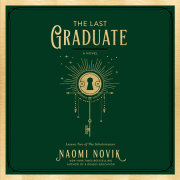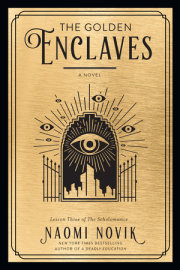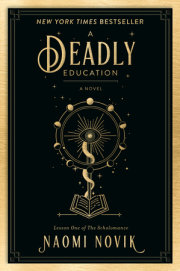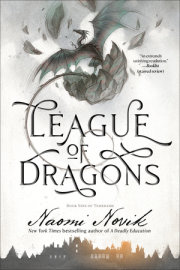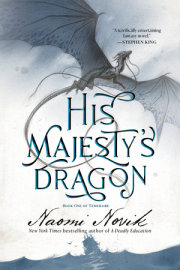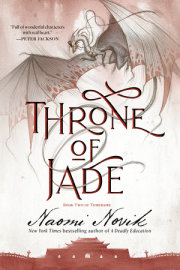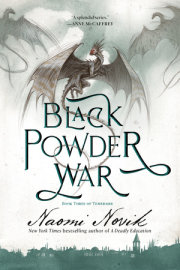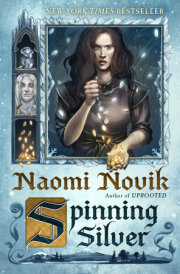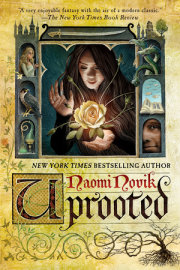Chapter 1Vipersac
Keep far away from Orion Lake.
Most of the religious or spiritual people I know—and to be fair, they’re mostly the sort of people who land in a vaguely pagan commune in Wales, or else they’re terrified wizard kids crammed into a school that’s trying to kill them—regularly beseech a benevolent and loving all-wise deity to provide them with useful advice through the medium of miraculous signs and portents. Speaking as my mother’s daughter, I can say with authority that they wouldn’t like it if they got it. You don’t want mysterious unexplained advice from someone you know has your best interests at heart and whose judgment is unerringly right and just and true. Either they’ll tell you to do what you want to do anyway, in which case you didn’t need their advice, or they’ll tell you to do the opposite, in which case you’ll have to choose between sullenly following their advice, like a little kid who has been forced to brush her teeth and go to bed at a reasonable hour, or ignoring it and grimly carrying on, all the while knowing that your course of action is guaranteed to lead you straight to pain and dismay.
If you’re wondering which of those two options I picked, then you must not know me, as pain and dismay were obviously my destination. I didn’t even need to think about it. Mum’s note was infinitely well-meant, but it wasn’t long: My darling girl, I love you, have courage, and keep far away from Orion Lake. I read the whole thing in a single glance and tore it up into pieces instantly, standing right there among the little freshmen milling about. I ate the scrap with Orion’s name on it myself and handed the rest out at once.
“What’s this?” Aadhya said. She was still giving me narrow-eyed indignation.
“It lifts the spirits,” I said. “My mum put it in the paper.”
“Yes, your mum, Gwen Higgins,” Aadhya said, even more coolly. “Who you’ve mentioned so often to us all.”
“Oh, just eat it,” I said, as irritably as I could manage after having just downed my own piece. The irritation wasn’t as hard to muster up as it might’ve been. I can’t think of anything I’ve missed in here, including the sun, the wind, or a night’s sleep in safety, nearly as much as I’ve missed Mum, so that’s what the spell gave me: the feeling of being curled up on her bed with my head in her lap and her hand stroking gently over my hair, the smell of the herbs she works with, the faint croaking of frogs outside the open door and the wet earth of a Welsh spring. It would’ve lifted my spirits enormously if only I hadn’t been worrying deeply at the same time what she was trying to tell me about Orion.
The fun possibilities were endless. The best one was that he was doomed to die young and horribly, which given his penchant for heroics was reasonably predictable anyway. Unfortunately, falling in something or other with a doomed hero isn’t the sort of thing Mum would warn me off. She’s very much of the gather ye rosebuds while ye may school of thought.
Mum would only warn me off something bad, not something painful. So obviously Orion was the most brilliant maleficer ever, concealing his vile plans by saving the lives of everyone over and over just so he could, I don’t know, kill them himself later on? Or maybe Mum was worried that he was so annoying that he’d drive me to become the most brilliant maleficer ever, which was probably more plausible, since that’s supposedly my own doom anyway.
Of course, the most likely option was that Mum didn’t know herself. She’d just had a bad feeling about Orion, for no reason she could’ve told me even if she’d written me a ten-page letter on both sides. A feeling so bad that she’d hitchhiked all the way to Cardiff to find the nearest incoming freshman, and she’d asked his parents to send me her one-gram note. I reached out and poked Aaron in his tiny skinny shoulder. “Hey, what did Mum give your parents for bringing the message?”
He turned round and said uncertainly, “I don’t think she did? She said she didn’t have anything to pay with, but she asked to talk to them in private, and then she gave it to me and my mam squeezed a bit of my toothpaste out to make room.”
That might sound like nothing, but nobody wastes any of their inadequate four-year weight allowance on ordinary toothpaste; I brush with baking soda out of the alchemy lab supply cabinets myself. If Aaron had brought any at all, it was enchanted in some way: useful when you aren’t going to see a dentist for the next four years. He could have traded that one squeeze of it to someone with bad toothache for a week of extra dinners, easily. And his parents had taken that away from their own kid—Mum had asked his parents to take that away from their own kid—just to get me the warning. “Great,” I said bitterly. “Here, have a bite.” I gave him one of the pieces of the note, too. He probably needed it as much as ever in his life, after just being sucked into the Scholomance. It’s better than the almost inevitable death waiting for wizard kids outside, but not by much.
The food line opened up just then, and the ensuing stampede interfered with my brooding, but Liu asked me quietly, “Everything okay?” as we lined up.
I just stared at her blankly. It wasn’t mindreading or anything—she had an eye for small details, putting things together, and she indicated my pocket, where I’d put the last scrap of the note—the note whose actual contents I hadn’t shared, even while I’d passed out pieces with an enchantment that should have precluded all brooding. My confusion was because—she’d asked. I wasn’t used to anyone inquiring after me, or for that matter even noticing when I’m upset. Unless I’m sufficiently upset that I start conveying the impression that I’m about to set everyone around me on fire, which does in fact happen on a not infrequent basis.
I had to think about it to decide that I didn’t, actually, want to talk about the note. I’d never had the option. And having it meant—that I was telling Liu the truth when I nodded to say yes, everything’s okay, and smiled at her, the expression feeling a bit odd and stretchy round my mouth, unfamiliar. Liu smiled back, and then we were in the line, and we all focused on the job of filling our trays.
We’d lost our freshmen in the shuffle: they go last, obviously, and we now had the dubious privilege of going first. But nothing stops you taking extra for their benefit, if you can afford it, and at least for today we could. The walls of the school were still a bit warm from the end-of-term cleansing cycle. Any of the maleficaria that hadn’t been crisped to fine ash were all just starting to creep out of the various dark corners they’d hidden in, and the food was as unlikely to be contaminated as it ever was. So Liu took extra milk cartons for her cousins, and I took seconds of pasta for Aaron, a bit grudgingly. Technically he wasn’t owed anything for bringing the note, not by me; by Scholomance etiquette, that’s all settled outside. But he hadn’t got anything for it outside, after all.
It was odd being almost first out of the queue into the nearly empty cafeteria, with the enormously long tail of kids still snaking along the walls, tripled up, the sophomores poking the freshmen and pointing them at the ceiling tiles and the floor drains and the air vents on the walls, which they’d want to keep an eye on in the future. The last of the folded-up tables were scuttling back into the open space that had been left for the freshman rush, and unfolding back into place with squeals and thumps. My friend Nkoyo—could I think of her as a friend, too? I thought perhaps I could, but I hadn’t been handed a formal engraved notice yet, so I’d be doubtful a while longer—had got out in front with her best mates; she was at a prime table, positioned in the ring that’s exactly between the walls and the line, under only two ceiling tiles, with the nearest floor drain four tables away. She was standing up tall and waving us over, easy to spot: she was wearing a brand-new top and baggy trousers, each in a beautiful print of mixed wavy lines that I was fairly sure had enchantments woven in. This is the day of the year when everyone breaks out the one new outfit per year most of us brought in—my own extended wardrobe sadly got incinerated freshman year—and she had clearly been saving this one for senior year. Jowani was bringing over two big jugs of water while Cora did the perimeter wards.
It was odd, walking through the cafeteria over to join them. Even if we hadn’t been offered an actual invitation, there were loads of good tables still open, and all the bad ones. I’ve occasionally ended up with my pick of tables before, but that’s always been a bad and risky move born of getting to the cafeteria too early, usually as an act of desperation when I’d had too many days of bad luck with my meals. Now it was just the ordinary course of things.
Copyright © 2021 by Naomi Novik. All rights reserved. No part of this excerpt may be reproduced or reprinted without permission in writing from the publisher.

